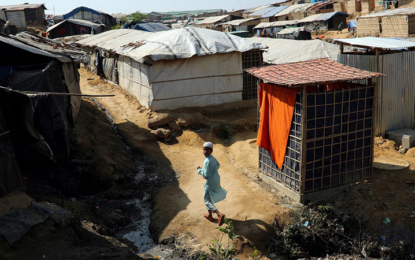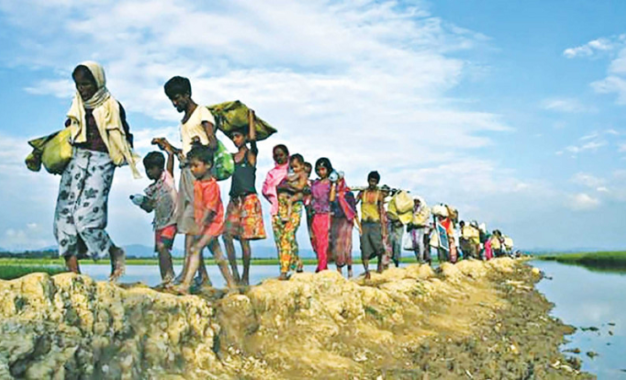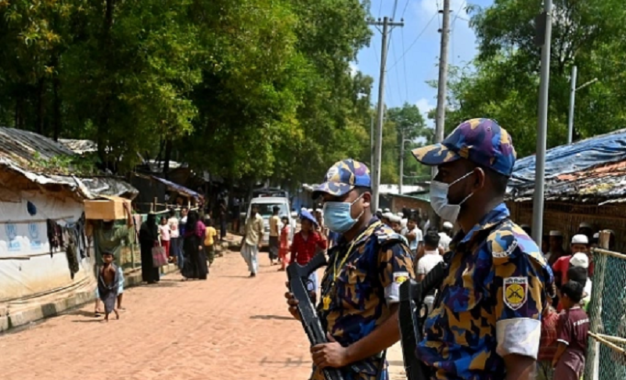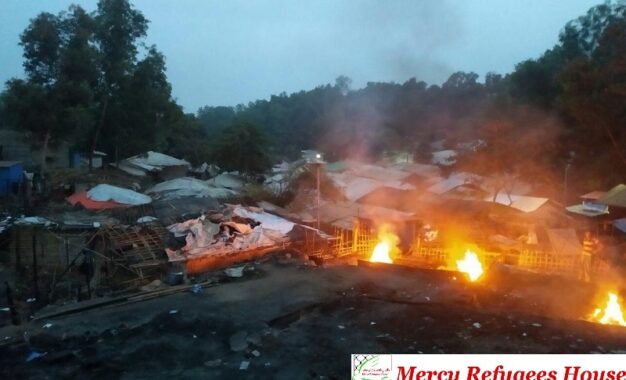Latest News
Bangladesh urges greater international action on Rohingya status
Bangladesh, Help Refugees, Human Rights, Myanmar

Bangladesh is hosting more than one million Rohingya, a mainly Muslim minority community who are stateless, most of whom fled following a wave of violence in Myanmar’s Rakhine state in 2017.
“More than three years have elapsed. Regrettably, not a single Rohingya could be repatriated. The problem was created by Myanmar, and its solution must be found in Myanmar. I request the international community to play a more effective role for a solution to the crisis,” Prime Minister Sheikh Hasina said in a pre-recorded speech to the UN General Assembly on Saturday.
The annual gathering of Heads of State and Government in the iconic General Assembly Hall is being held virtually this year due to the COVID-19 pandemic.
Like many of her counterparts, Prime Minister Hasina outlined steps her Government has taken to address the crisis and mitigate its impacts.
Although COVID-19 has impeded economic progress in Bangladesh, she said the authorities implemented initiatives that prioritized both lives and livelihoods, such as introducing some $13.25 billion in stimulus packages for industries and expanding social safety nets.
ALSO READ THIS: DHAKA TO REMIND WORLD OF ROHINGYA FAILURE AT UNGA
“We have readily arranged food and other assistance for people who are rendered jobless due to COVID-19. This arrangement has benefitted nearly 10 million families. We have provided scholarships to four million students. We have also given cash incentives to five million people, including farmers, workers, and laborers affected by the pandemic,” she said.
“To ensure healthcare of the common people, we are providing 30 types of medicines free of cost through 18,000 community clinics and union health centers,” she continued, noting that overall, the pandemic’s impact has been minimal due to the various interventions.
Meanwhile, food production has been the top priority during the pandemic, she said. Special arrangements have been made to keep industries up and running, among other measures, all in compliance with health guidelines.
“Consequently, our health sector and economy are still comparatively in better shape. Despite the COVID-induced stagnation in global industrial outputs, our GDP has registered a growth rate of 5.24 percent, which is expected to be seven percent in the next fiscal year.”
Amazon Sponsorship
Recent Posts
Jul 29, 2023
It has been close to six years since hundreds of thousands of Rohingya faced a deadly genocide by Myanmar’s military and fled the country in search of protection and refuge in neighbouring Bangladesh. The Rohingya population has been undergoing persecution, discrimination, arbitrary arrests, and atrocities in Myanmar for over seven decades. Their condition is alarmingly […]


















